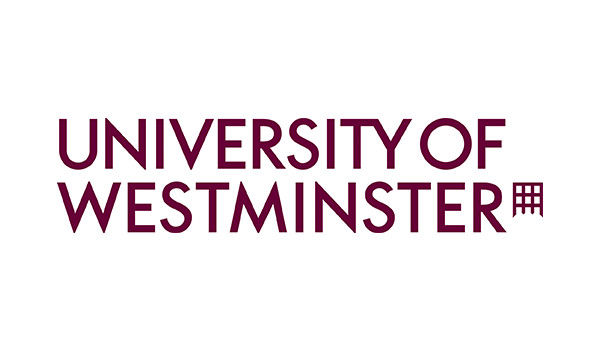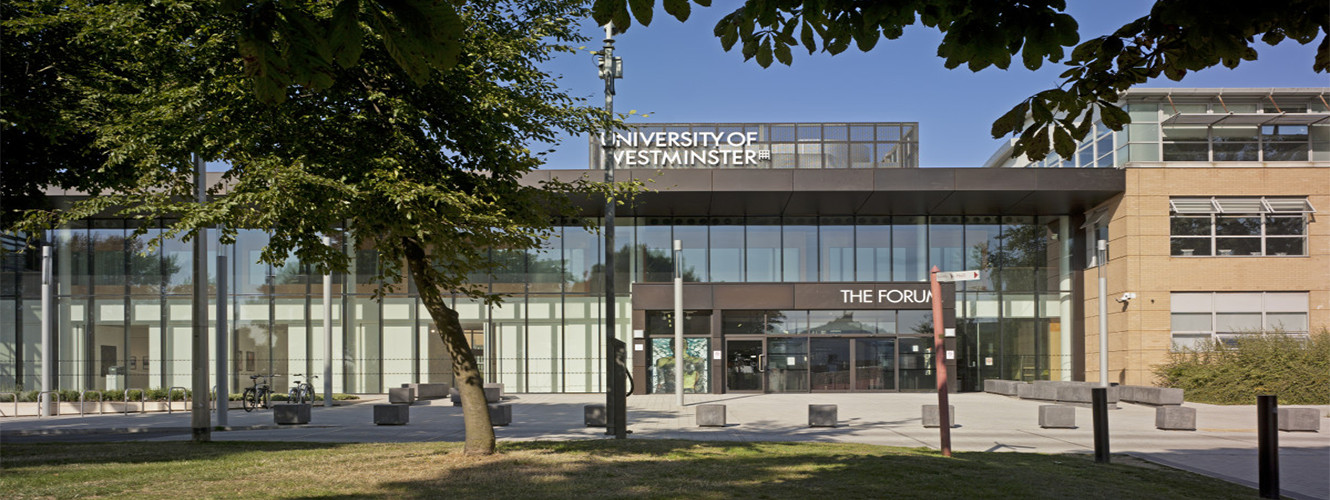UK21 MSc Cyber Security and Forensics University of Westminster
-
THÔNG TIN CHUNG
Computers are central to all aspects of our daily lives; as industries ranging from communications to banking have come to rely on them, the need for improved computer security has never been greater. This course focusses on two aspects of Cyber Security: analysis and assessment of risk plus how to minimise it, and, how to extract and use digital information from a wide range of systems and devices. The course is structured so that all students cover the same introductory material, but then choose to specialise in either Cyber Security or Digital Forensics.
Students taking the course will gain an understanding of the nature of the security threats that face computer systems and the type of information that is stored on digital devices (and how it can be extracted from them). They will benefit from a broad and varied array of state-of-the-art technologies and resources, including:
- a dedicated forensics computer laboratory
- Over 30 computing laboratories with an extensive range of specialist and other software providing access to Linux/UNIX, Windows and Mac OS, all supported by high-bandwidth networks.
- Access to a range of free software titles through a number of academic initiatives for use on home computers for educational and personal purposes.
- Specialist technicians to ensure you can get the most out of these technologies.
All students will take the core modules which are designed to give a comprehensive introduction to this specialist field. They will cover basic digital forensics and network security, and also cover computer system tools and the Linux/UNIX operating system. Dealing with digital evidence in a professional manner (that includes adhering to appropriate legal guidelines) is also covered. You will then follow either the Cyber Security or Digital Forensics pathway within the course (though each lead to the same named degree: the pathways are simply opportunities to specialise within the field). In addition, all students will take a Research Methods module and complete a project module.
The course offers the opportunity to examine a variety of tools available on the open market, and the use of forensic tools to retrieve data from electronic sources. It will also consider the analysis of professional and ethical issues relating to computer security and forensics, and the development of professional competencies, such as report writing and presenting evidence in court.
Teaching methods include lab-based sessions, student-led tutorials and lectures by internal staff and guest speakers from industry. Our courses are offered by friendly, highly experienced staff, and benefit from the diverse specialist knowledge and skills within the departments of the Faculty. Assessments will be carried out mostly through practical or research-based course work.
-
CƠ HỘI NGHỀ NGHIỆP
The course has two pathways, namely Cyber Security, and Forensics that can provide you with all the necessary skills for the following jobs:
- Researcher in Applied Cryptography;
- Researcher in Network/Computer Security;
- IT Security Engineer;
- Computer Security Incident Responder;
- Source Code Auditor;
- IT Security Operations Specialist;
- Cyber Security Manager;
- Information Security Analyst;
- Information Security Consultant;
- Information Security Assurance Officer;
- Information Security Assurance Analyst;
- Information Security Risk Officer;
- Security Officer;
- Penetration Tester (also known as Ethical Hacker);
- Vulnerability Assessor;
- Computer Forensics Analyst;
- Anti-Piracy/Content Protection Analyst;
- ĐIỀU KIỆN ĐẦU VÀO
- ĐIỀU KIỆN NGÔN NGỮ
- HỌC BỔNG
- ĐỊA ĐIỂM
Tóm tắt
-
Phí ghi danh
0
-
Độ dài khoá học
1 năm
-
Kỳ nhập học
Tháng 9
Phí Cơ Bản
-
Loại Tiền
-
Học Phí
Trên năm -
Phí Sinh Hoạt
Trên năm -
Tổng






